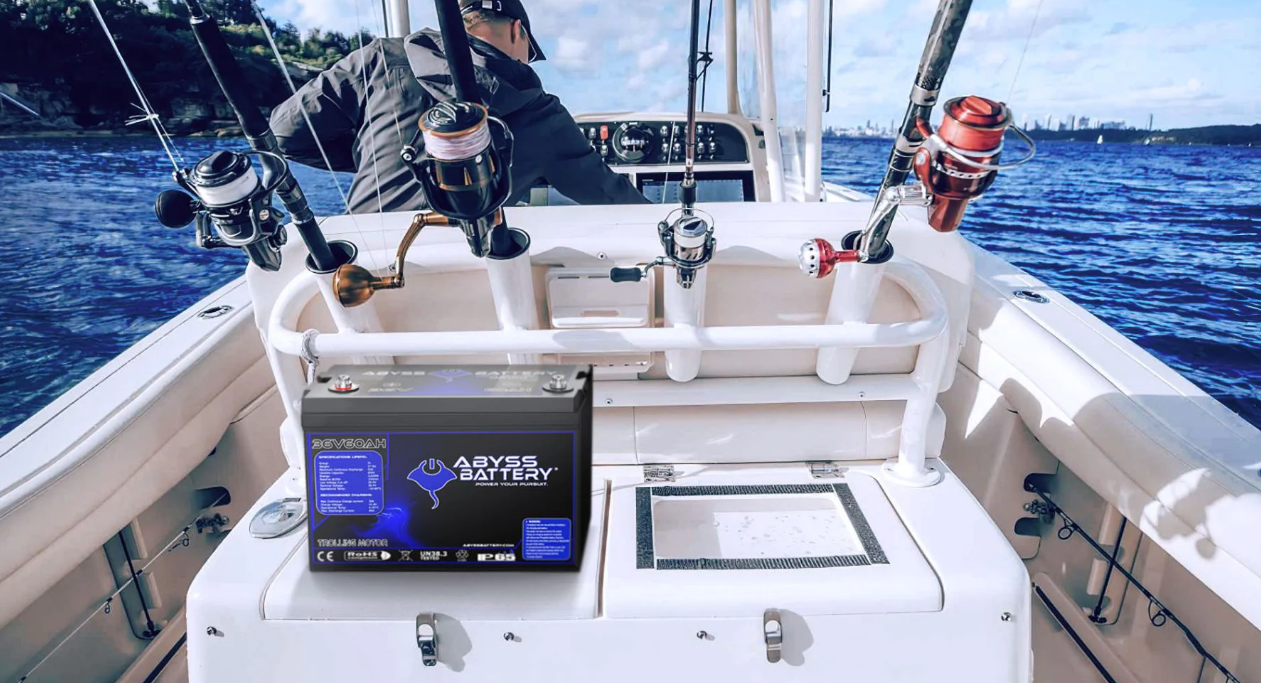Boating is a delightful and adventurous pastime, but it's not always smooth sailing. Adverse weather conditions can quickly turn a pleasant day on the water into a challenging and potentially dangerous experience. Whether you're towing a boat or dealing with unexpected changes in the weather, safety should be your top priority. In this article, we'll explore essential safety tips for boaters facing adverse weather conditions.
1. Monitor Weather Forecasts
Before setting out on your boating adventure, always check the weather forecast. Adverse conditions can develop rapidly, and being aware of what lies ahead is crucial. Pay attention to forecasts for wind speed, direction, thunderstorms, and sea conditions. If adverse weather is predicted, it may be wise to postpone your trip until conditions improve.
2. Maintain Proper Communication
Maintaining communication is essential when towing a boat, especially in adverse weather. Ensure that you have a reliable means of communication, such as a marine radio or a cell phone with a waterproof case. Stay in touch with fellow boaters, harbormasters, or marine towing services. Boat Towing Fort Myers offers reliable communication services and assistance during emergencies, ensuring that you're never alone when facing adverse conditions.
3. Develop a Float Plan
A float plan is a document that provides details about your trip to someone you trust. It should include your planned route, expected return time, and contact information. If you don't return as scheduled, your designated person can initiate a search and rescue operation. Always inform them if you change your plans while on the water.
4. Carry Safety Equipment
Having the right safety equipment on board can make a significant difference in adverse conditions. Make sure you have life jackets for every passenger, fire extinguishers, flares, first aid kits, and a throwable flotation device readily available. These items can be critical in emergencies and can potentially save lives.
5. Properly Secure Your Boat
When towing a boat, ensuring it's securely attached to your towing vessel is crucial. Check that all straps, ropes, and chains are in good condition and properly fastened. In rough weather, the motion of the water can exert significant force on your towed boat. Use extra caution to prevent accidents caused by improper securing.
6. Reduce Speed
Adverse weather conditions often demand that you reduce your speed. This not only ensures the safety of your vessel but also improves your control over it. Slower speeds allow you to react more effectively to unexpected changes in the weather or sea conditions.
7. Understand Wind and Current Effects
Wind and currents can significantly affect your boating experience, especially when towing a boat. A sudden change in the wind can make your towed vessel difficult to control. Always anticipate these effects and make course adjustments as needed to maintain control and safety.
8. Be Cautious in Heavy Rain
Heavy rain can reduce visibility and make navigation challenging. Reduce your speed and use radar or GPS to maintain course. Make sure your navigation lights are operational, as they are crucial for alerting other boaters to your presence during poor visibility conditions.
9. Beware of Thunderstorms
Thunderstorms at sea can be extremely dangerous. Seek shelter if you see signs of an approaching storm, such as dark clouds, lightning, and thunder. Lightning can be especially hazardous, so avoid handling any metal objects on your boat.
10. Stay Informed About Marine Traffic
Adverse weather can lead to increased marine traffic as boaters try to return to safety. Stay informed about other vessels' positions and intentions by monitoring marine channels and radios. Maintain a safe distance from other boats, and remember that in busy or choppy waters, it's essential to have your wits about you.
11. Know When to Call for Assistance
Sometimes, despite your best efforts, adverse weather conditions can overwhelm your boat or towing vessel. In such cases, it's crucial to recognize when it's time to call for professional assistance. Flagship Towing, for example, provides timely and reliable services to help you during emergencies, such as engine failure or grounding. Their experienced crews are well-equipped to handle challenging conditions and ensure the safety of your vessel.
Conclusion
Towing a boat in adverse weather conditions can be a challenging and potentially risky endeavor. However, by staying informed, maintaining proper communication, and following safety guidelines, you can greatly reduce the associated risks. Remember that your safety and the safety of your passengers should always be the top priority. When facing unexpected challenges, don't hesitate to call on professional marine towing services like Flagship Towing to ensure a safe and efficient resolution to the situation. With careful planning and a commitment to safety, you can enjoy your boating adventures while minimizing the risks associated with adverse weather conditions.

